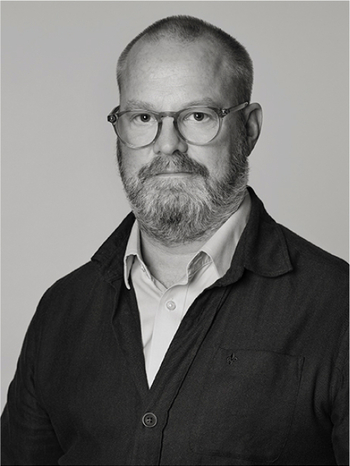Anna Boberg
Still life with peacock feathers and seashell
Signed Anna Boberg. Canvas 72 x 56 cm.
Muut tiedot
Anna Boberg's artistic legacy was revived earlier this year with the exhibition “Kvinnliga pionjärer- Visionära landskap” (Female Pioneers – Visionary Landscapes) at Prins Eugen's Waldemarsudde in Stockholm. The exhibition primarily featured her paintings from Lofoten, but she began her artistic career in a more decorative style, exemplified by the painting in the auction.
In the spirit of the 1890s, she painted a still life featuring an arranged display of peacock feathers and plants in a vase. During this time, she executed several decorative works, including a frieze for the Grand Hotel in Saltsjöbaden, a fresco on the facade of Centralpalatset in Falun, a series of canvases for Hotel Rydberg in Stockholm, and designs for various crafts, including those for Rörstrand and Handarbetets vänner.
Anna Boberg grew up in Stockholm in an upper-middle-class family dominated by her father, Fredrik Wilhelm Scholander, an architect and professor at the Royal Academy of Fine Arts. Anna Boberg was forbidden from pursuing an education as an artist. Aside from a few weeks of studies at the Académie Julian in Paris, Anna Boberg was self-taught. She was captivated by the sublime nature of Lofoten, the mountainous landscape, the midnight sun in summer, the northern lights in winter, and the sea – all as magnificent as they were relentless and beautiful.
In her autobiography, "Envar sitt ödes lekboll" (1934), she wrote: "After a week of outdoor life with the fishing village of Svolvær as a base, I was so enchanted by the nature of Lofoten that I flatly refused to go home. I wanted to stay and paint, paint, paint. My husband took the route back via Trondheim and sent me all the necessary painting supplies."
The collaboration with her husband, architect Ferdinand Boberg, was crucial for both of them. His numerous commissions to design representative buildings, such as the LO-borgen in 1899, Rosenbad in 1903, Prins Eugen's Waldemarsudde in 1904, Thielska Galleriet in 1905, and Nordiska Kompaniet (NK) in 1915, as well as overseeing various exhibitions in the art industry, provided orders that could encompass entire interiors, including furniture and crafts. This led to Anna Boberg's capacity as a designer being utilized.
In 1903, Anna Boberg exhibited her Lofoten paintings in Stockholm for the first time, receiving mixed reviews. She achieved greater success with an exhibition in Paris in 1905, which received very positive reviews and laid the foundation for a successful French career. In addition to the Nationalmuseum in Stockholm, her works can be found in several Swedish museum collections and abroad.












































